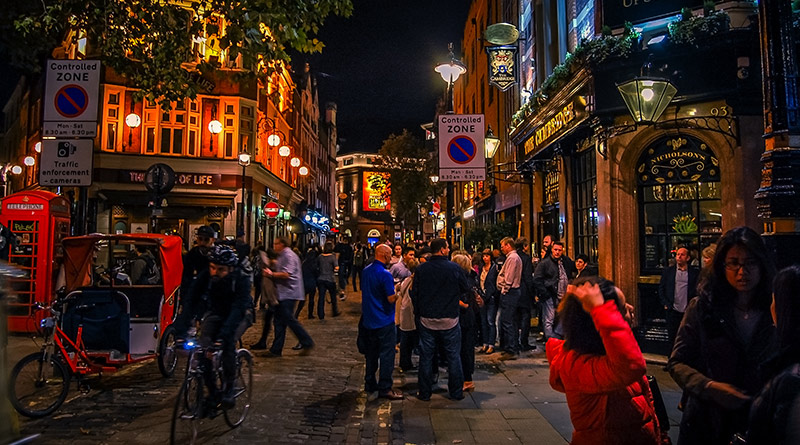NTIA Says Escalating Noise Complaints Jeopardise The Future Of Night Time Economy

The Night Time Industries Association (NTIA) is raising serious concerns about the increasing number of noise complaints against licensed venues across the UK, which pose a significant threat to the vitality and sustainability of the UK’s night-time economy (NTE).
A recent Freedom of Information request from 20 London Councils revealed a 53% rise in noise complaints in London, from 2,440 in 2018 to 3,732 in the 2022/23 period. Alongside this rise, Noise Abatement Notices have increased from 34 in 2018 to 51 in 2022/23. (Across 19 London Councils )
The NTIA stresses that this is a nationwide issue, severely impacting an industry still working through the cost of operating crisis and the legacy of the pandemic. The surge in complaints and subsequent regulatory actions affected the livelihood of thousands of businesses and employees in the night-time economy, including bars, clubs, restaurants, and entertainment venues.
Michael Kill, CEO of the NTIA, stated,
“The substantial increase in noise complaints and Noise Abatement Notices highlights a growing challenge our industry cannot tackle alone. These figures not only show a shift in community tolerance but also underscore the urgent need for balanced urban planning and licensing that supports both residents and businesses.”
“The night-time economy is a vital part of the UK’s and London’s cultural and economic landscape. Central and local governments must act immediately to address these issues, as part of the planning reform process, which took center stage within the King’s Speech”
Sarah Clover, Licensing and Planning barrister at Kings Chambers said:
“Noise complaints form a significant proportion of my work, and the numbers of cases are increasing dramatically. This is a trend seen particularly since the COVID-19 pandemic, and the devastating effect that neighbour disputes have on hospitality and night time economy businesses is now at crisis level.”
“The costs of litigation present huge burdens for businesses and local authorities, and this expenditure should be unnecessary in functioning licensing and planning regimes. The situation needs addressing urgently, but the long term solutions lie in legislation, and there are some clear steps that need to be taken without delay.”
The NTIA advocates for a cooperative approach between operators, licensing and planning departments, ensuring businesses are fairly represented in noise and nuisance complaints without community bias. The push for the “agent of change” principle in primary legislation will be crucial, ensuring planners consider both business and residential spaces, protecting all parties through necessary mitigations.
Changes in planning must safeguard social and cultural businesses, with a focus on coexistence. A clear framework for decision makers is essential for implementing effective mitigations during planning and development.
A spokesperson for the Mayor of London said:
“Increasing numbers of noise complaints are a national issue but the Mayor is committed to making sure that life at night in the capital works for everyone. He included the Agent of Change principle in his London Plan to ensure venues aren’t threatened by new development, provides venues with ongoing help and advice, and works closely with boroughs to help them plan for life at night.
“City Hall is proud to have funded Hackney’s Early Warning System to help manage noise issues effectively and this has seen a big reduction in complaints since December. The Mayor will continue to work with the NTIA and do all he can to help to venues and councils to build a better London for all.”
